TARIFFS TO BE LIFTED ON IMPORTED FOOD
입력 2022.06.21 (15:19)
수정 2022.06.21 (16:45)
읽어주기 기능은 크롬기반의
브라우저에서만 사용하실 수 있습니다.
[Anchor Lead]
To tame soaring food prices, the government plans to lift tariffs on some imported products such as pork and wheat. It will also exempt coffee and processed foods from value added tax. But lower taxes are unlikely to help curb consumer prices.
[Pkg]
A large supermarket in Seoul. Consumers balk even at buying chili paste sold in a "buy one, get one free" package. Once VAT exemption on chili paste kicks in next month, chili paste prices are expected to go down by more than 9 percent.
[Soundbite] Kim Myung-ja(Seoul Resident) : "It's up by 20 to 30 percent. (The gov’t has promised to cut the price by 10 percent next month.) That's not enough."
But this is bad news for the manufacturing sector. If VAT is excluded and prices go down, manufacturers are likely to sustain losses. That's because VAT exemption means they can no longer receive tax benefits when purchasing duty-free agricultural produce, the raw material of their products.
[Soundbite] (Staff at Food Manufacturing Company(VOICE MODIFIED)) : "If all items become tax-free, we will no longer get deemed input tax credit, which will result in a surge of manufacturing costs."
When it comes to other items, those subject to tax exemptions are limited. For kimchi, only bottled or canned kimchi, or just 30 percent of all kimchi products, will be exempt from VAT. Kimchi packaged in plastic bags, which accounts for more than 70 percent of sales, was never subject to VAT in the first place. Raw coffee beans, also on the list of exempted goods, has also not been subject to VAT. In other words, the government promises to cut taxes for items that are already VAT-free. It's also unclear if a cut in the tariff-rate quota imposed on pork and wheat will help slash prices by 20 percent, as the government hopes. More than 90 percent of those products are customs-free, as they are imported from countries that have FTAs with Korea. The government believes the problem can be solved by importing goods from other countries, but given the existing trade ties and logistics costs, it's not going to be easy.
[Soundbite] Prof. Sung Tae-yun(School of Economics, Yonsei Univ.) : "This could help tame prices of some items. But consumers will probably not find prices of imported items to be lower."
The government has vowed to slash consumer prices as early as next month. But food manufacturers and the retail sector say they are still deliberating the matter.
To tame soaring food prices, the government plans to lift tariffs on some imported products such as pork and wheat. It will also exempt coffee and processed foods from value added tax. But lower taxes are unlikely to help curb consumer prices.
[Pkg]
A large supermarket in Seoul. Consumers balk even at buying chili paste sold in a "buy one, get one free" package. Once VAT exemption on chili paste kicks in next month, chili paste prices are expected to go down by more than 9 percent.
[Soundbite] Kim Myung-ja(Seoul Resident) : "It's up by 20 to 30 percent. (The gov’t has promised to cut the price by 10 percent next month.) That's not enough."
But this is bad news for the manufacturing sector. If VAT is excluded and prices go down, manufacturers are likely to sustain losses. That's because VAT exemption means they can no longer receive tax benefits when purchasing duty-free agricultural produce, the raw material of their products.
[Soundbite] (Staff at Food Manufacturing Company(VOICE MODIFIED)) : "If all items become tax-free, we will no longer get deemed input tax credit, which will result in a surge of manufacturing costs."
When it comes to other items, those subject to tax exemptions are limited. For kimchi, only bottled or canned kimchi, or just 30 percent of all kimchi products, will be exempt from VAT. Kimchi packaged in plastic bags, which accounts for more than 70 percent of sales, was never subject to VAT in the first place. Raw coffee beans, also on the list of exempted goods, has also not been subject to VAT. In other words, the government promises to cut taxes for items that are already VAT-free. It's also unclear if a cut in the tariff-rate quota imposed on pork and wheat will help slash prices by 20 percent, as the government hopes. More than 90 percent of those products are customs-free, as they are imported from countries that have FTAs with Korea. The government believes the problem can be solved by importing goods from other countries, but given the existing trade ties and logistics costs, it's not going to be easy.
[Soundbite] Prof. Sung Tae-yun(School of Economics, Yonsei Univ.) : "This could help tame prices of some items. But consumers will probably not find prices of imported items to be lower."
The government has vowed to slash consumer prices as early as next month. But food manufacturers and the retail sector say they are still deliberating the matter.
■ 제보하기
▷ 카카오톡 : 'KBS제보' 검색, 채널 추가
▷ 전화 : 02-781-1234, 4444
▷ 이메일 : kbs1234@kbs.co.kr
▷ 유튜브, 네이버, 카카오에서도 KBS뉴스를 구독해주세요!
- TARIFFS TO BE LIFTED ON IMPORTED FOOD
-
- 입력 2022-06-21 15:19:42
- 수정2022-06-21 16:45:08
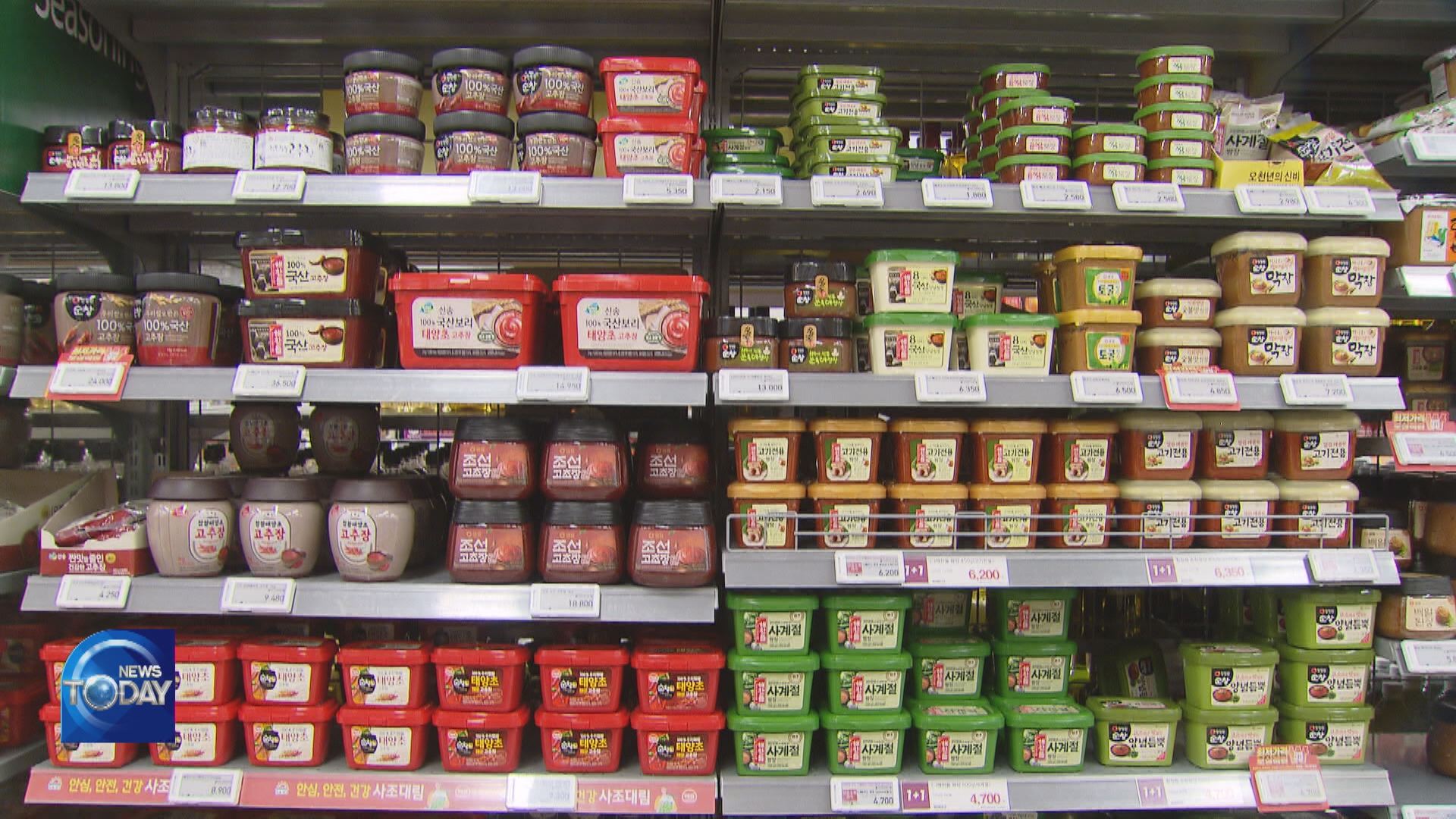
[Anchor Lead]
To tame soaring food prices, the government plans to lift tariffs on some imported products such as pork and wheat. It will also exempt coffee and processed foods from value added tax. But lower taxes are unlikely to help curb consumer prices.
[Pkg]
A large supermarket in Seoul. Consumers balk even at buying chili paste sold in a "buy one, get one free" package. Once VAT exemption on chili paste kicks in next month, chili paste prices are expected to go down by more than 9 percent.
[Soundbite] Kim Myung-ja(Seoul Resident) : "It's up by 20 to 30 percent. (The gov’t has promised to cut the price by 10 percent next month.) That's not enough."
But this is bad news for the manufacturing sector. If VAT is excluded and prices go down, manufacturers are likely to sustain losses. That's because VAT exemption means they can no longer receive tax benefits when purchasing duty-free agricultural produce, the raw material of their products.
[Soundbite] (Staff at Food Manufacturing Company(VOICE MODIFIED)) : "If all items become tax-free, we will no longer get deemed input tax credit, which will result in a surge of manufacturing costs."
When it comes to other items, those subject to tax exemptions are limited. For kimchi, only bottled or canned kimchi, or just 30 percent of all kimchi products, will be exempt from VAT. Kimchi packaged in plastic bags, which accounts for more than 70 percent of sales, was never subject to VAT in the first place. Raw coffee beans, also on the list of exempted goods, has also not been subject to VAT. In other words, the government promises to cut taxes for items that are already VAT-free. It's also unclear if a cut in the tariff-rate quota imposed on pork and wheat will help slash prices by 20 percent, as the government hopes. More than 90 percent of those products are customs-free, as they are imported from countries that have FTAs with Korea. The government believes the problem can be solved by importing goods from other countries, but given the existing trade ties and logistics costs, it's not going to be easy.
[Soundbite] Prof. Sung Tae-yun(School of Economics, Yonsei Univ.) : "This could help tame prices of some items. But consumers will probably not find prices of imported items to be lower."
The government has vowed to slash consumer prices as early as next month. But food manufacturers and the retail sector say they are still deliberating the matter.
To tame soaring food prices, the government plans to lift tariffs on some imported products such as pork and wheat. It will also exempt coffee and processed foods from value added tax. But lower taxes are unlikely to help curb consumer prices.
[Pkg]
A large supermarket in Seoul. Consumers balk even at buying chili paste sold in a "buy one, get one free" package. Once VAT exemption on chili paste kicks in next month, chili paste prices are expected to go down by more than 9 percent.
[Soundbite] Kim Myung-ja(Seoul Resident) : "It's up by 20 to 30 percent. (The gov’t has promised to cut the price by 10 percent next month.) That's not enough."
But this is bad news for the manufacturing sector. If VAT is excluded and prices go down, manufacturers are likely to sustain losses. That's because VAT exemption means they can no longer receive tax benefits when purchasing duty-free agricultural produce, the raw material of their products.
[Soundbite] (Staff at Food Manufacturing Company(VOICE MODIFIED)) : "If all items become tax-free, we will no longer get deemed input tax credit, which will result in a surge of manufacturing costs."
When it comes to other items, those subject to tax exemptions are limited. For kimchi, only bottled or canned kimchi, or just 30 percent of all kimchi products, will be exempt from VAT. Kimchi packaged in plastic bags, which accounts for more than 70 percent of sales, was never subject to VAT in the first place. Raw coffee beans, also on the list of exempted goods, has also not been subject to VAT. In other words, the government promises to cut taxes for items that are already VAT-free. It's also unclear if a cut in the tariff-rate quota imposed on pork and wheat will help slash prices by 20 percent, as the government hopes. More than 90 percent of those products are customs-free, as they are imported from countries that have FTAs with Korea. The government believes the problem can be solved by importing goods from other countries, but given the existing trade ties and logistics costs, it's not going to be easy.
[Soundbite] Prof. Sung Tae-yun(School of Economics, Yonsei Univ.) : "This could help tame prices of some items. But consumers will probably not find prices of imported items to be lower."
The government has vowed to slash consumer prices as early as next month. But food manufacturers and the retail sector say they are still deliberating the matter.
이 기사가 좋으셨다면
-
좋아요
0
-
응원해요
0
-
후속 원해요
0










![[HEADLINE]](https://news.kbs.co.kr/data/news/title_image/newsmp4/news_today/2022/06/21/10_5491200.jpeg)
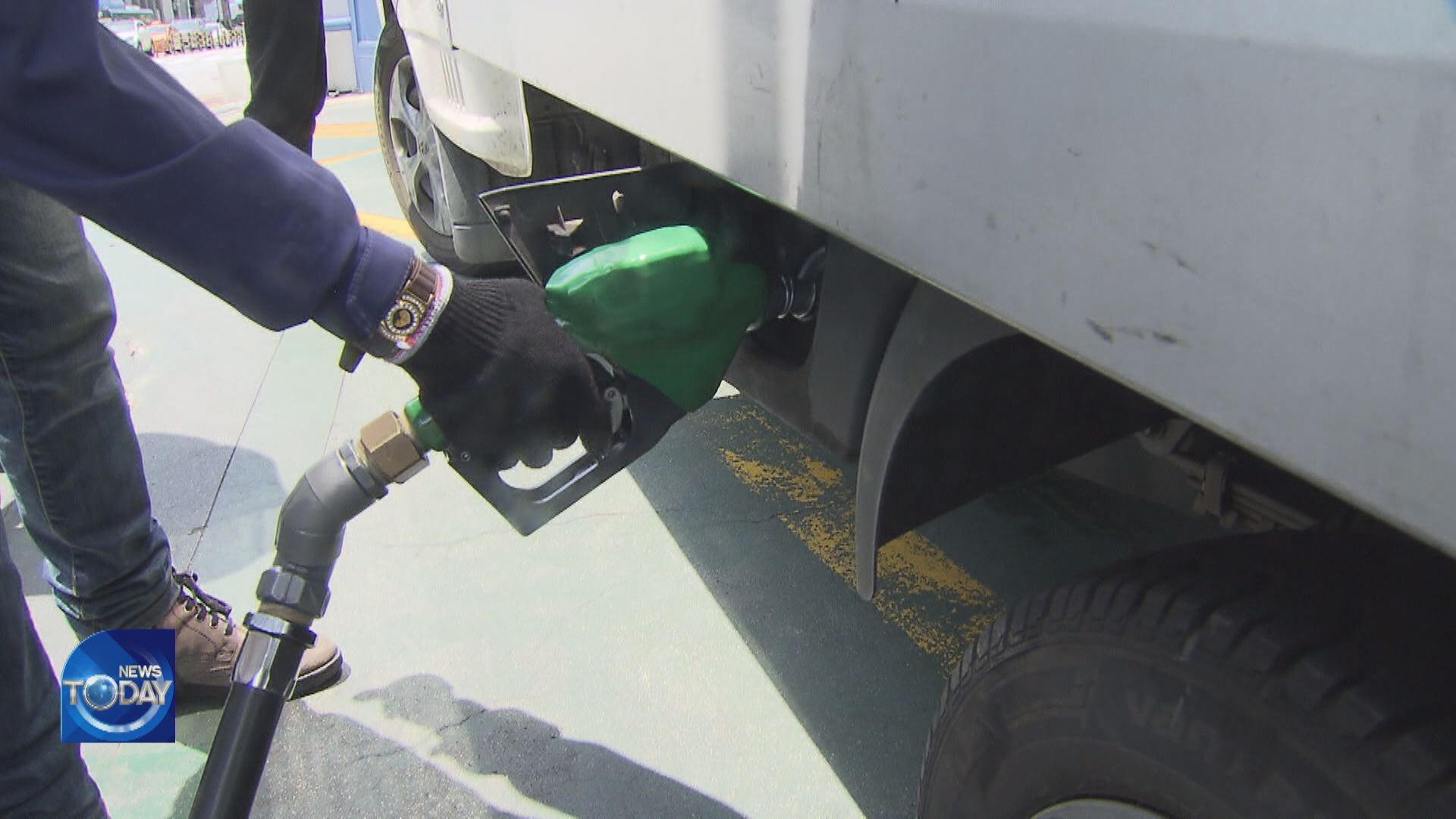
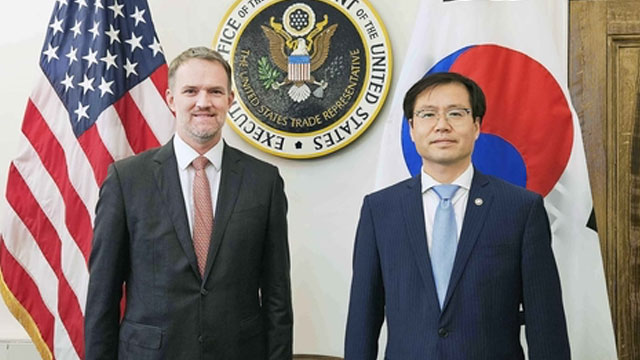
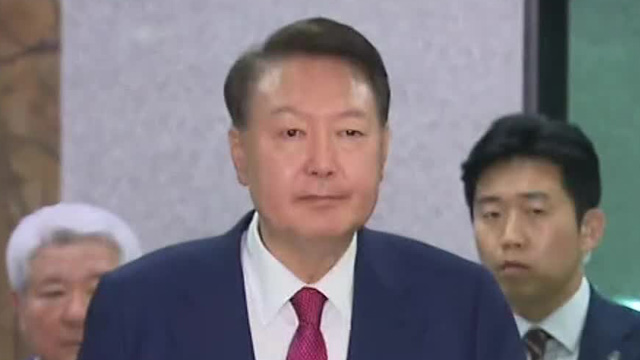
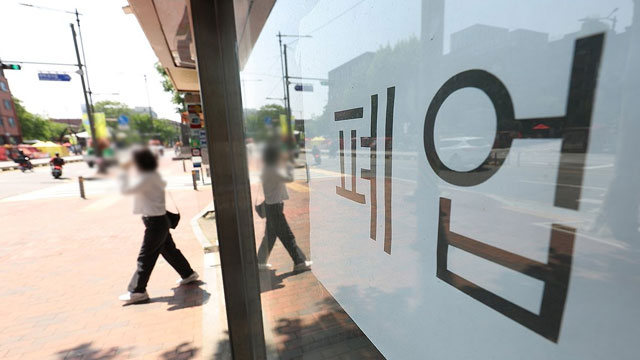
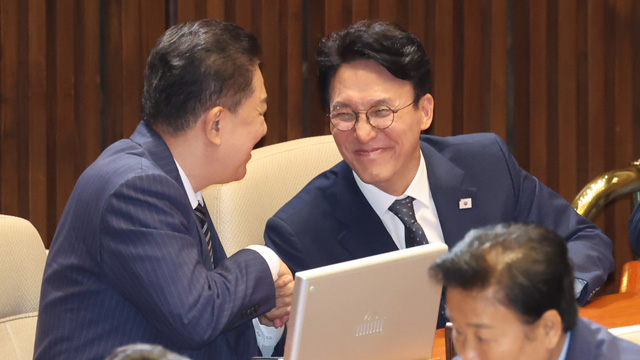

이 기사에 대한 의견을 남겨주세요.